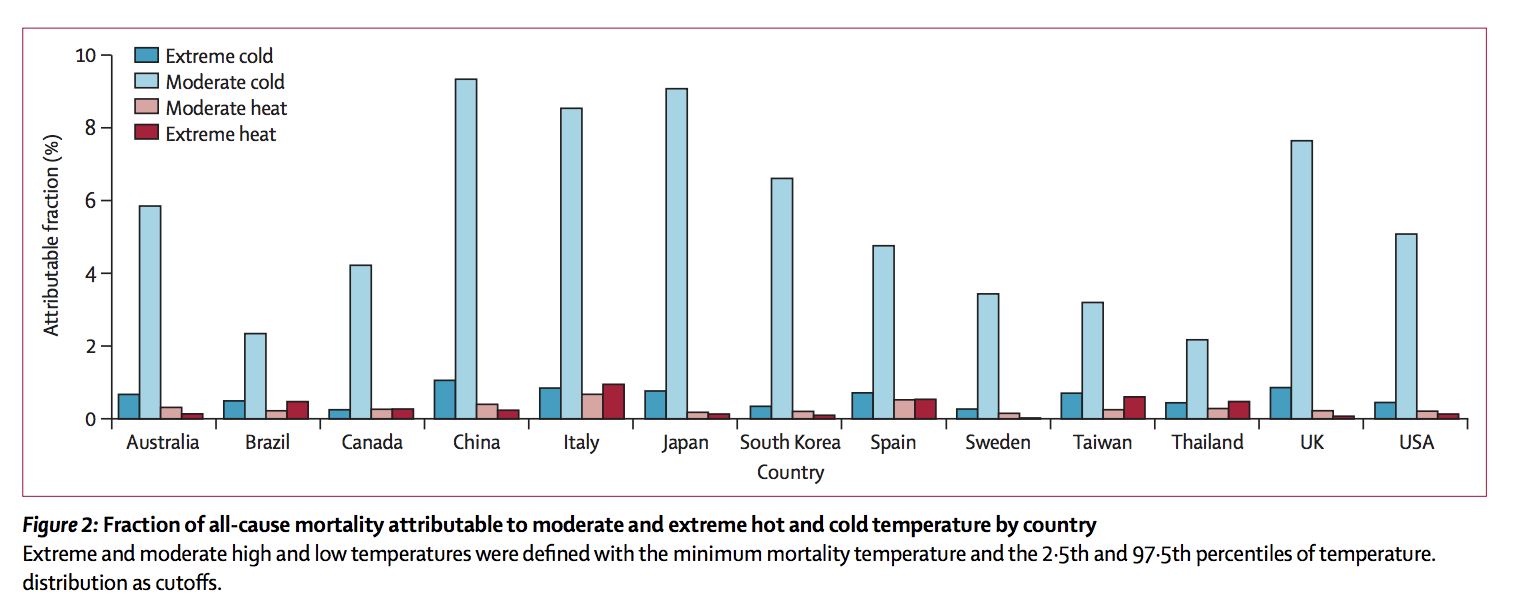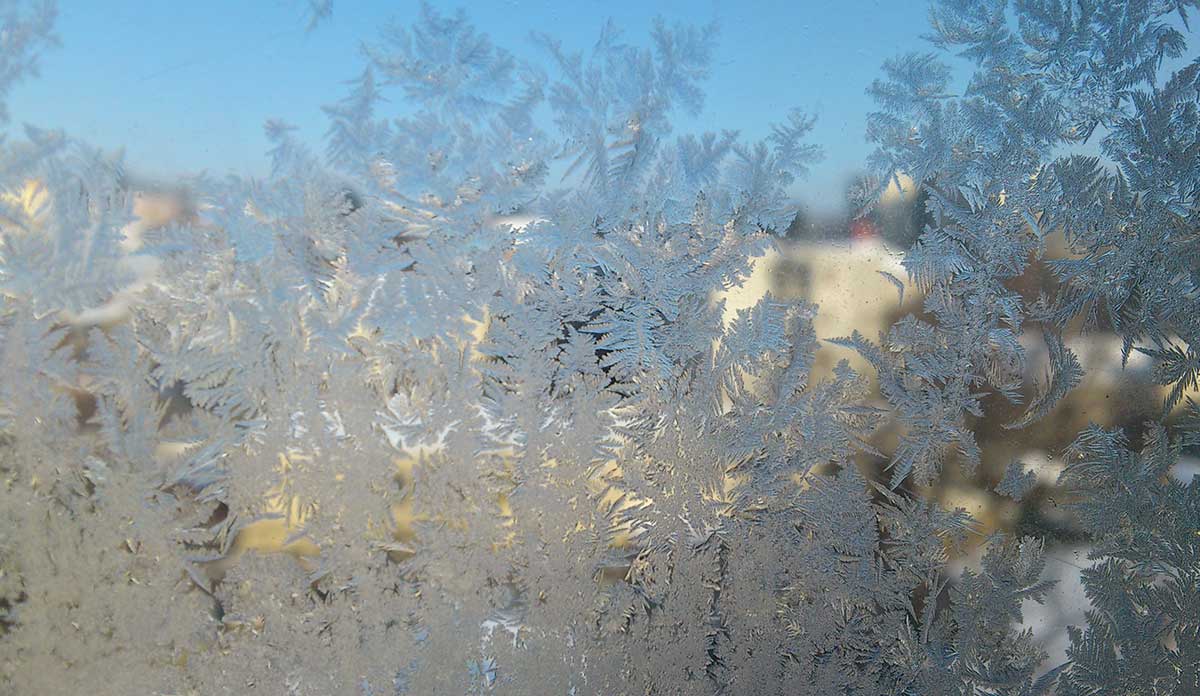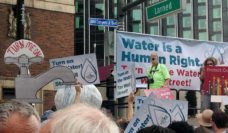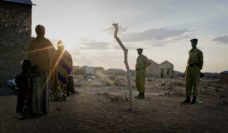Marvin Schur was a 93 year-old World War II veteran, who in January 2008 was found dead in his frozen Bay City, Michigan home after his heat was shut off for lack of payment. Though he tried to pay, a series of technical errors resulted in his power being shut-off by the city. The unpaid electric bills were found next to his body. Marvin’s story is not unique as many low-income and elderly people face winter utility shut-offs.
Cold Weather Kills
Gasparrini, et al. found that 7.71% of deaths globally between 1985-2012 were attributable to temperature. In 95% of these cases the cause was cold, rather than hot, temperatures. The authors write: “This evidence has important implications for the planning of public health interventions to minimze the health consequences of adverse temperatures, and for predictions of future effect in climate-change scenarios.” Figure 2 below from the authors’ paper shows that the danger is not just limited to extreme cold; moderately cold temperatures are the biggest killer statistically.

Massachusetts Utility Shut-Offs and Recommendations for Improvement
Utility shut-offs in Massachusetts because of lack of payment do happen frequently, though protection laws do exist. Massachusetts law states that if you fall into any of the following categories, your gas or electric heating cannot be shut off:
- Everyone in the household is over 65, or
- All adults living in the home are over 65 and a minor child resides in the home, or
- You or someone who lives in the home is seriously ill, or
- There is a child under the age of one living in the home.
Massachusetts also requires utility companies to offer discounted rates to low-income consumers. Many people do not fall into those these four aforementioned categories but are still vulnerable; and some cannot pay even the discounted rate. Massachusetts has codified what it calls a ‘winter moratorium.’ What that means is that from November 15th to March 15th, heat cannot be shut off for non-payment, though bills do continue to accrue throughout the time domain.
This is an important and mostly successful public health law that the Commonwealth should be praised for, but there is work to be done. Importantly, the moratorium does not apply to debt accrued before the November 15th start date. This means that on November 14th utility shut-offs are still possible, and they can last until the bills are paid. Utility shut-offs must be tracked and followed up on. An assessment must be done in each circumstance to gauge how many people will be at-risk for cold weather injury and mortality. In the circumstance that someone is at risk, their heat must be turned back on immediately.
Absolutely no one has to freeze to death or suffer negative health consequences in winter because they can’t afford to pay their heating bills. The Commonwealth can succeed in preventing cold-weather harm in every circumstance.
Feature image: Costel Slincu, Frozen, used under CC BY 2.0. Graph from the Lancet, Gasparrini, et al













